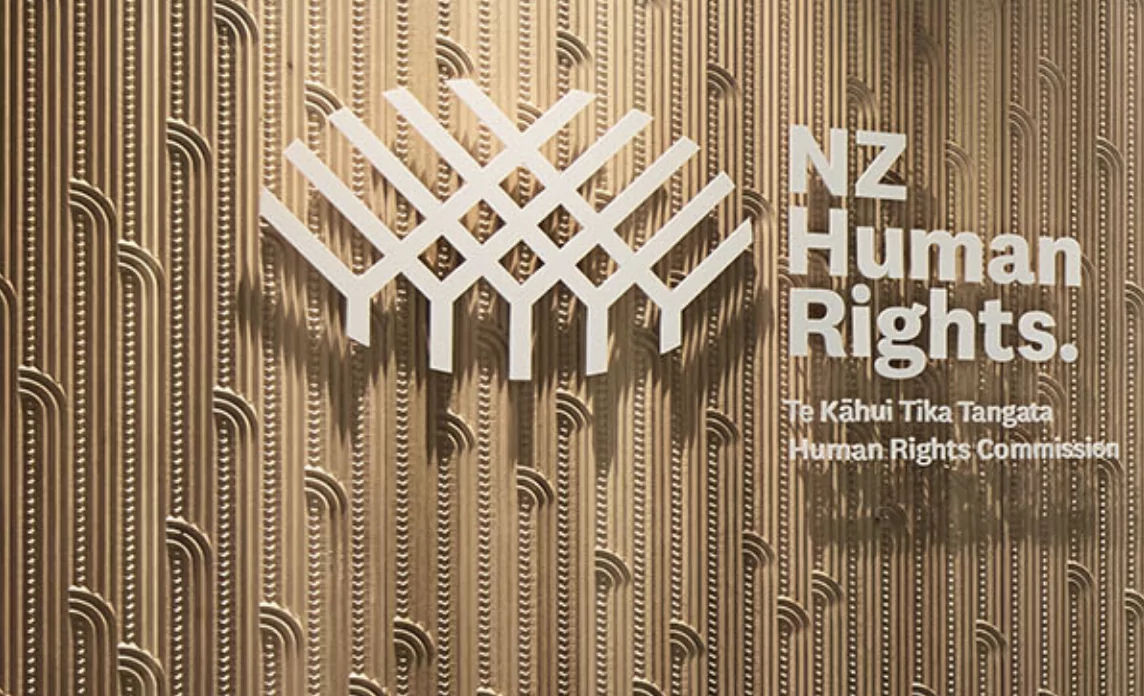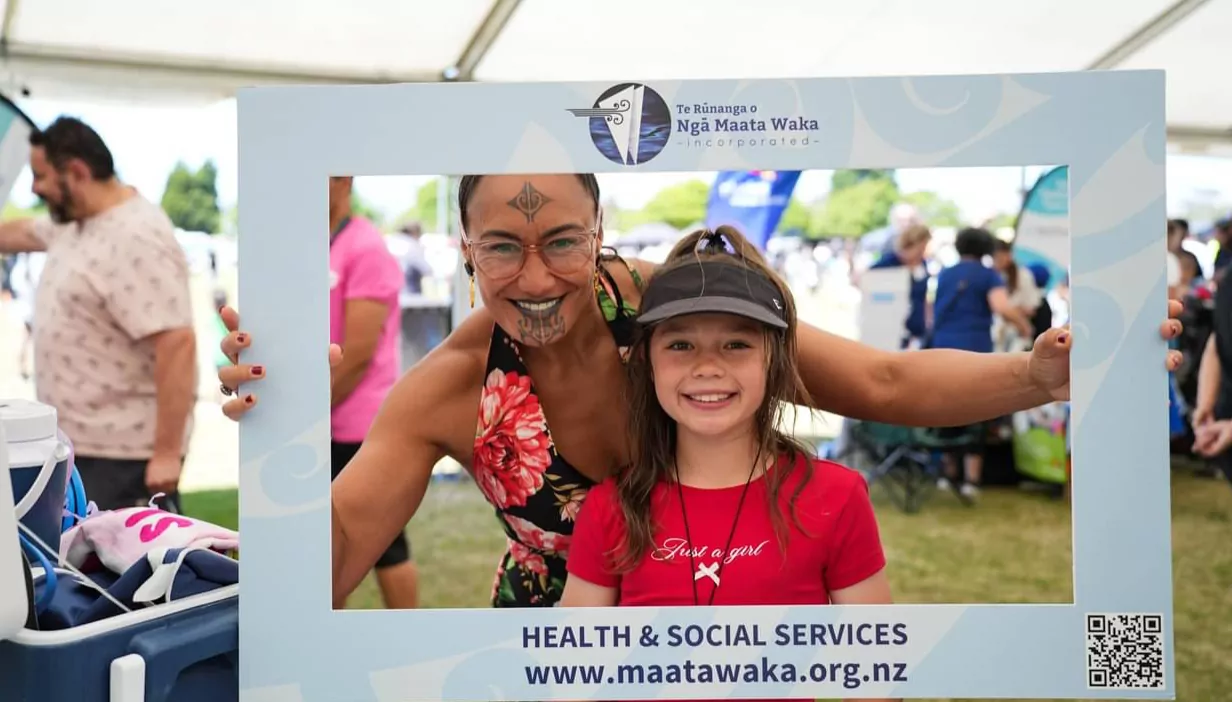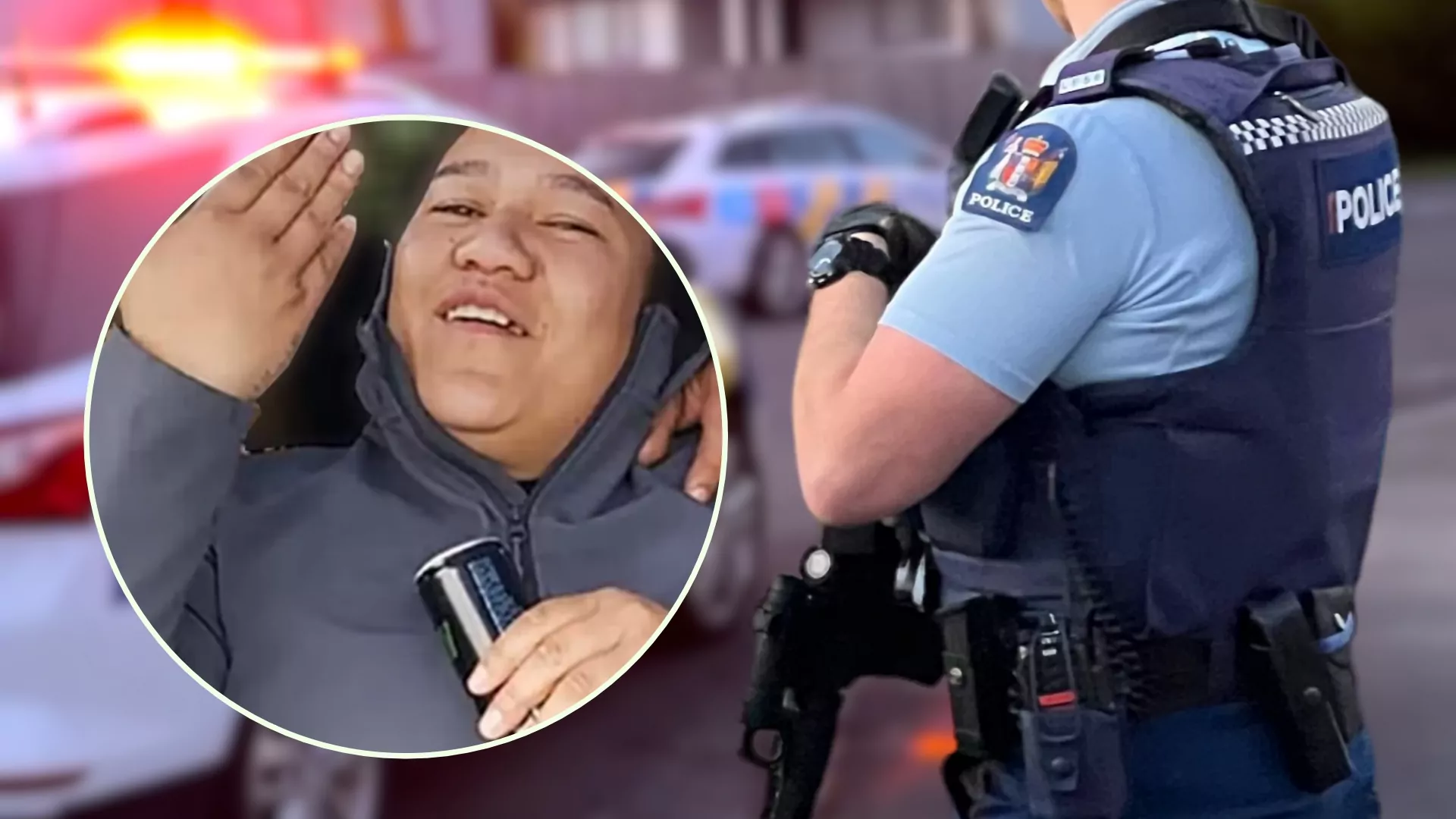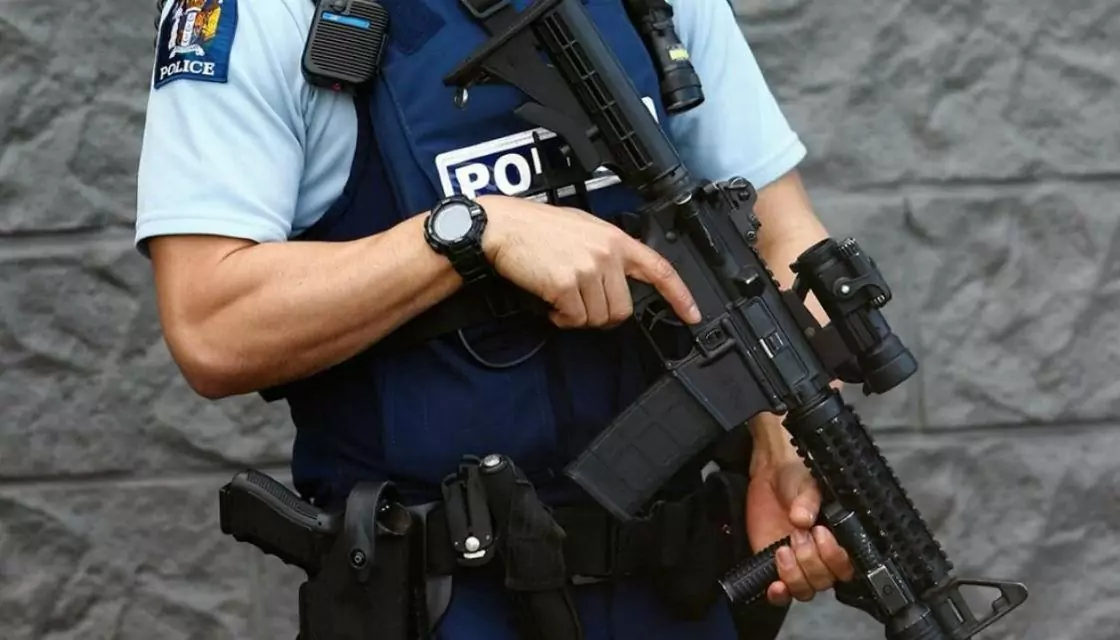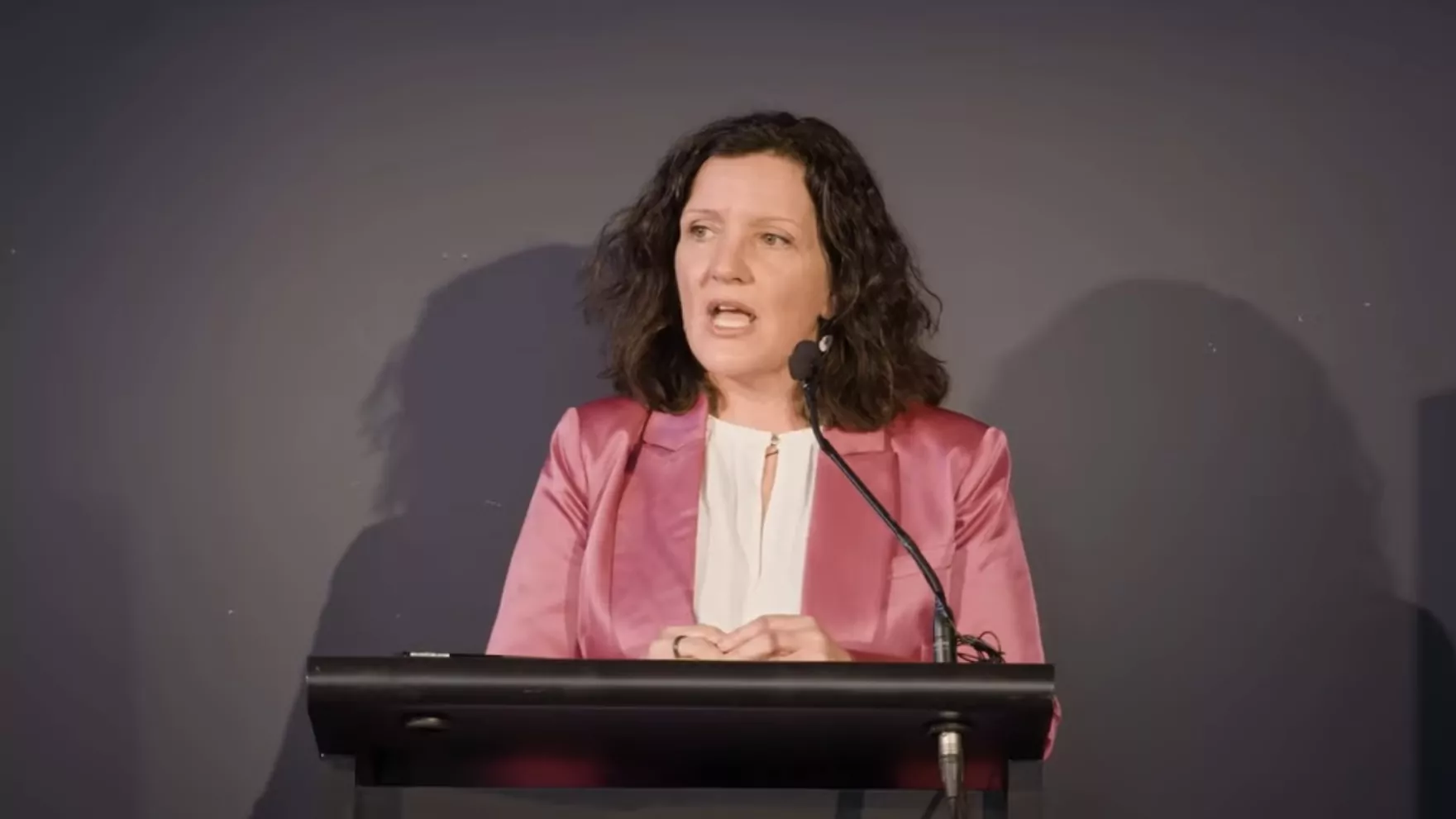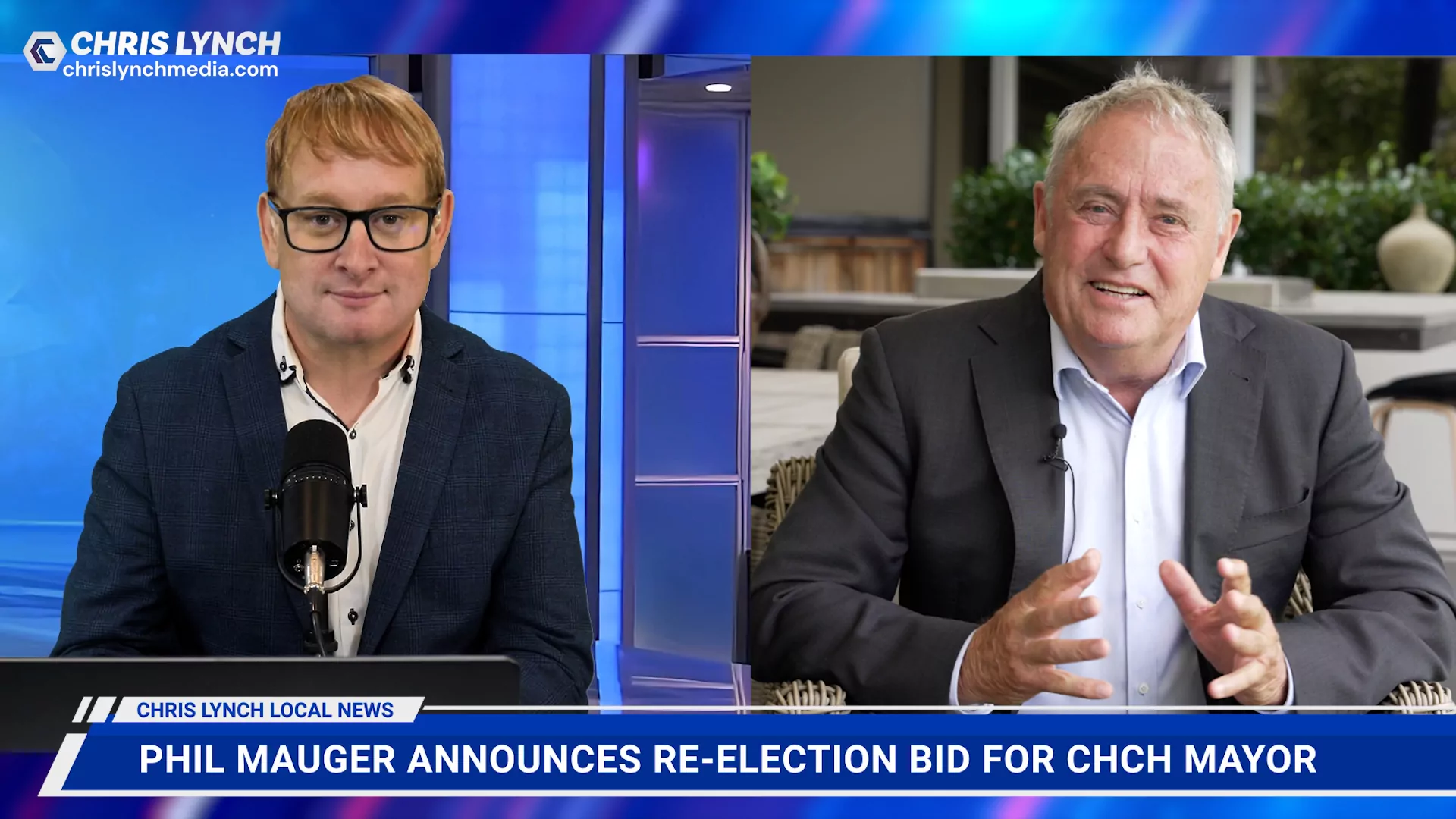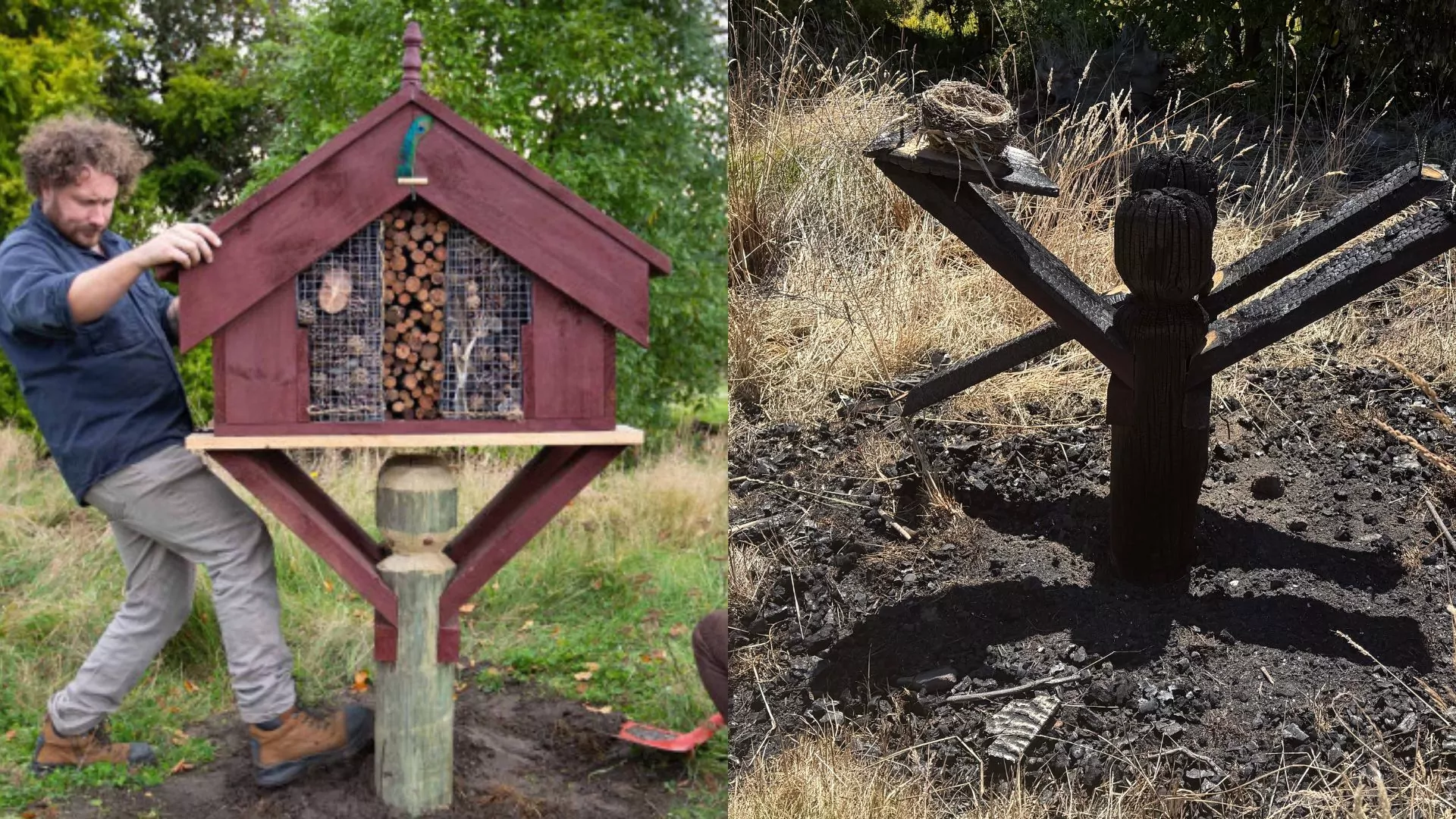New Zealand’s Race Relations Commissioner has condemned Brown Town’s racially tiered ticket pricing for an upcoming music event, rejecting the group’s false claim that the Human Rights Commission had cleared them of breaching the Human Rights Act.
Tickets for the event were initially sold under a three-tiered system: “Early bird (for all Tangata): $15, Tangata Moana (for our Māori and Pacific Tangata): $20, and Tangata Tiriti (for our allies): $30.”
The issue came to light after members of Christchurch’s Pasifika community contacted chrislynchmedia.com, expressing embarrassment over the pricing model, which they described as discriminatory and in breach of the Human Rights Act. The venue hosting the event also raised concerns, leading Brown Town to modify the ticket descriptions. Eventually, the venue and the group parted ways.
Brown Town, founded by Devyn Baileh, Grace Colcord, and Shea Wātene, describes itself as a platform for cultural engagement and a vehicle for addressing racism.
Following last week’s controversy, Brown Town publicly claimed on social media that the Human Rights Commission had “explicitly” informed media there was no breach of human rights laws regarding the pricing. This claim, however, was false.
A Human Rights Commission spokesperson told chrislynchmedia.com that the organisation was aware of Brown Town’s claim and intended to address the matter directly with the group. However, the spokesperson also revealed that the Commission did not want this information made public.
When asked to clarify its position, the HRC issued a general statement: “The Human Rights Commission can’t make findings or decide if the law has been breached, nor does it have an investigative function.” The same response was provided to Brown Town, but the false claim remains publicly visible on the group’s social media channels.
Meanwhile, a community newspaper sought commentary on the issue from a university academic who downplayed concerns about the pricing structure.
In her first media interview as Race Relations Commissioner, Dr. Melissa Derby firmly rejected the concept of racially tiered pricing, telling Sean Plunket on The Platform , on Wednesday morning, “Let me say unequivocally that under no circumstances would I support or condone different ticket prices for different ethnic groups, no matter how well-intentioned they may be. It’s simply not on.”
Dr. Derby also confirmed that the Commission had received multiple complaints about the issue. “People can make a complaint to the Commission, and last I heard, there were around 20 complaints on this issue alone, possibly more now. Those will be dealt with by the particular part of the Commission that addresses complaints and inquiries about human rights issues,” she said.
While clarifying that her role does not allow her to act as “judge, jury, and executioner,” Dr. Derby emphasised the importance of commenting on socially significant matters. She also highlighted the Commission’s broader focus on rebuilding public trust under its new leadership.
“We now have new leadership, and we have a full board. We’re working on our vision for the next five years, and we intend to be the Human Rights Commission for all New Zealanders, focusing on fundamental human rights that ideally improve life for everybody in this country,” she said.
Dr. Derby reiterated her broader concerns, saying, “At a higher level, the idea that people would have different ticket prices—well-intentioned or otherwise—is certainly not something that we should condone in this country.” Following the segment, Derby received praise from listeners, contradicting claims from her communications team that she was too busy to participate in an interview.
Adding to the controversy is the involvement of HRC communications team leader Leonie Kapea Hayden, who was included in all correspondence regarding the matter last week.
Hayden, a former writer for the left-leaning publication The Spinoff, has previously expressed contentious views on workplace diversity. In an opinion piece titled Why Diversity Matters, she dismissed the necessity of hiring Pākehā men, stating:
“A producer on a video production I worked on once took a similar attitude to diversity within the crew we were assembling. When we expressed a desire to hire as many people as possible who weren’t Pākehā men, she told us that we would hire ‘the most qualified person for the job,’ and it didn’t matter what their gender or background was.”
Four days after the controversy erupted, The Spin Off published a profile on Brown Town—funded by taxpayer money through New Zealand On Air.
Last year, Brown Town received $35,000 from Creative New Zealand’s Creative Impact Fund (Pacific Arts) to deliver a yearlong series of free creative workshops and forums for Tangata Moana communities in Christchurch. Creative New Zealand said the grant aimed to “ensure New Zealanders participate in the arts.”
In an online statement posted last week, Brown Town addressed critics, saying:
“To those who don’t get the vibe, get a grip. The nonsense you’re spouting is nothing we haven’t heard before; you’re boring, and even worse, you are getting upset over a $30 ticket to an event that you had no intention of attending in the first place. Your attempts to tear us down and intimidate us are futile. Brown Town is brimming with proud and unapologetically brown TĀNGATA MOANA who stand on business, and we are embraced by TĀNGATA TIRITI who understand the gravity of our mahi.”
